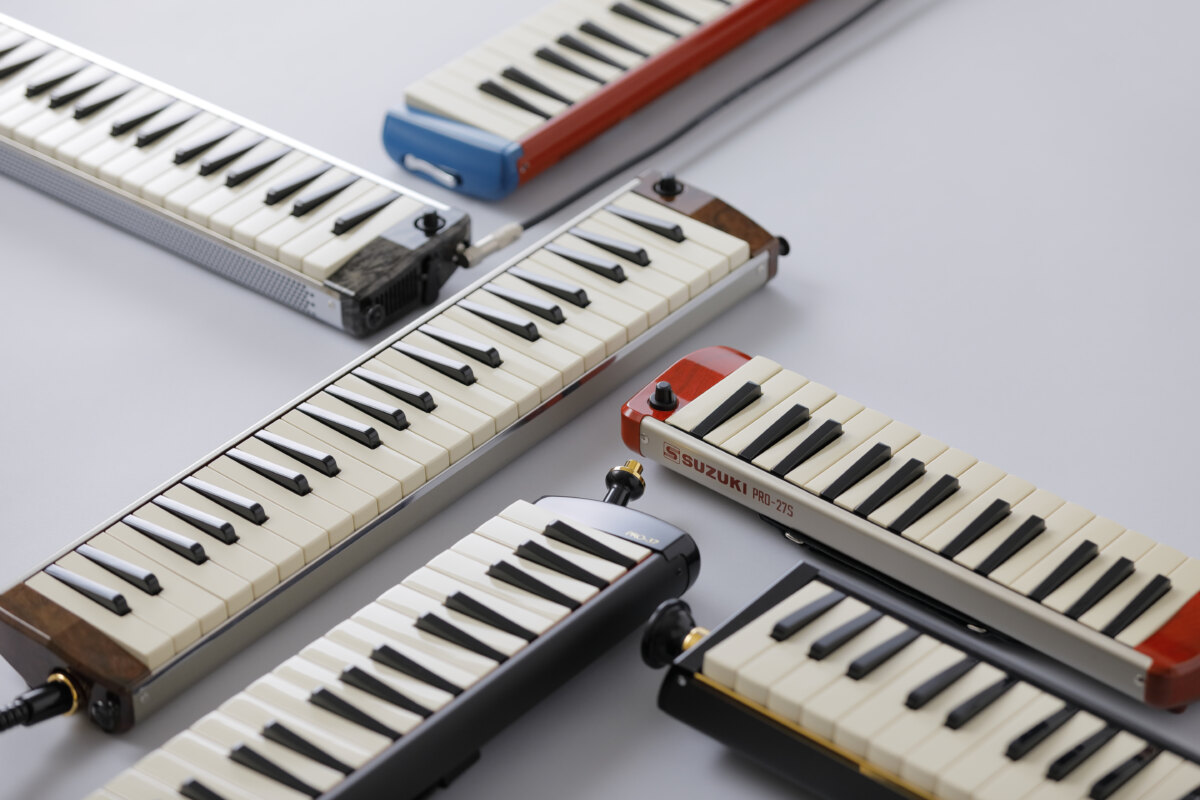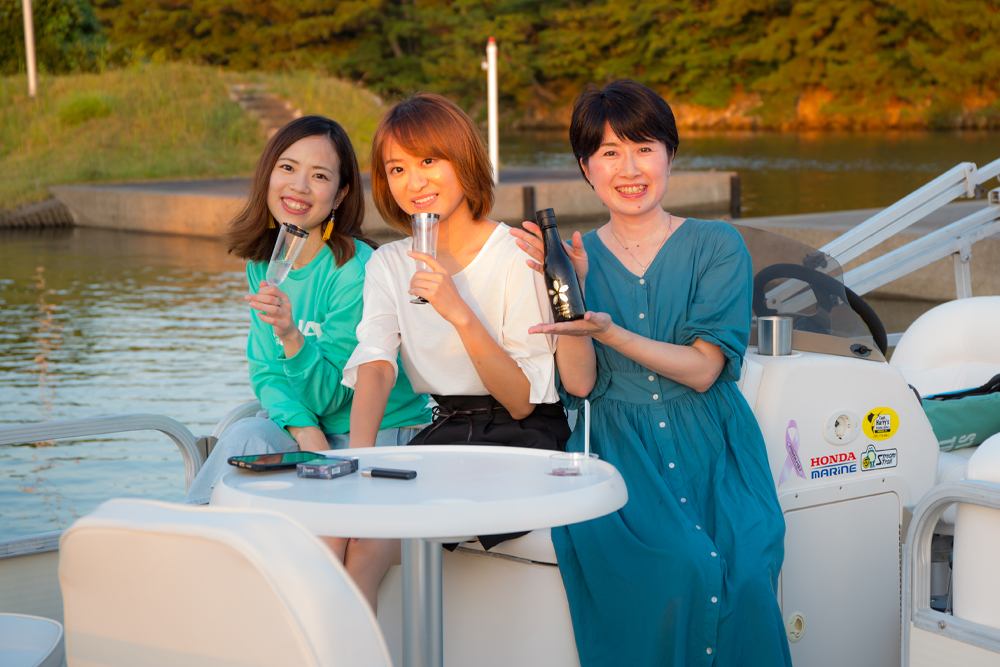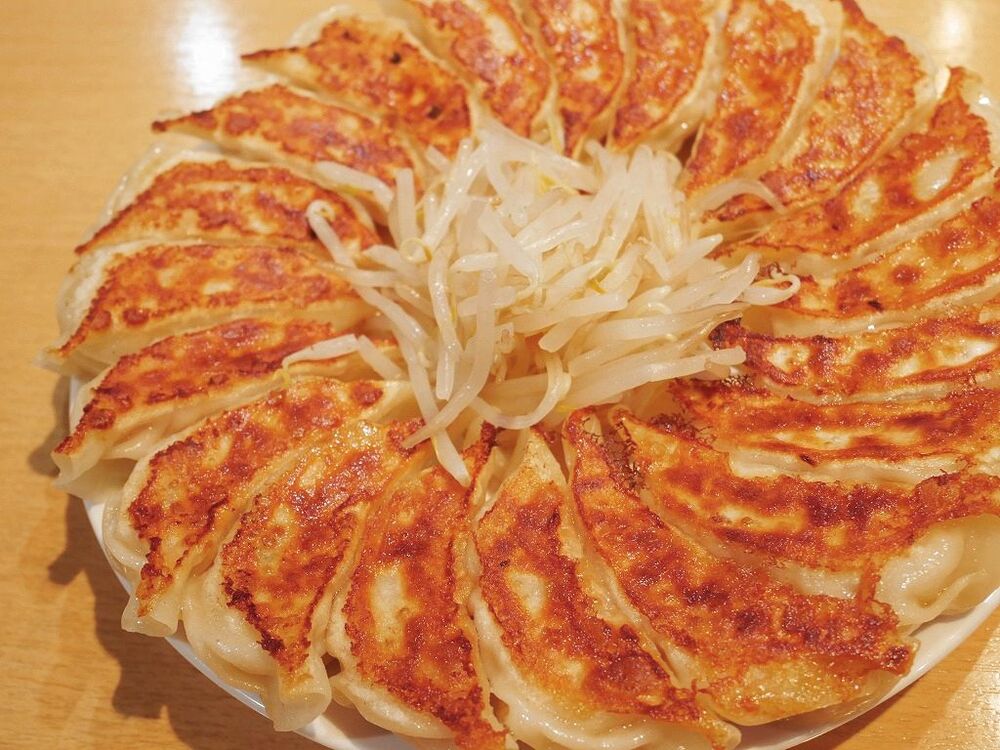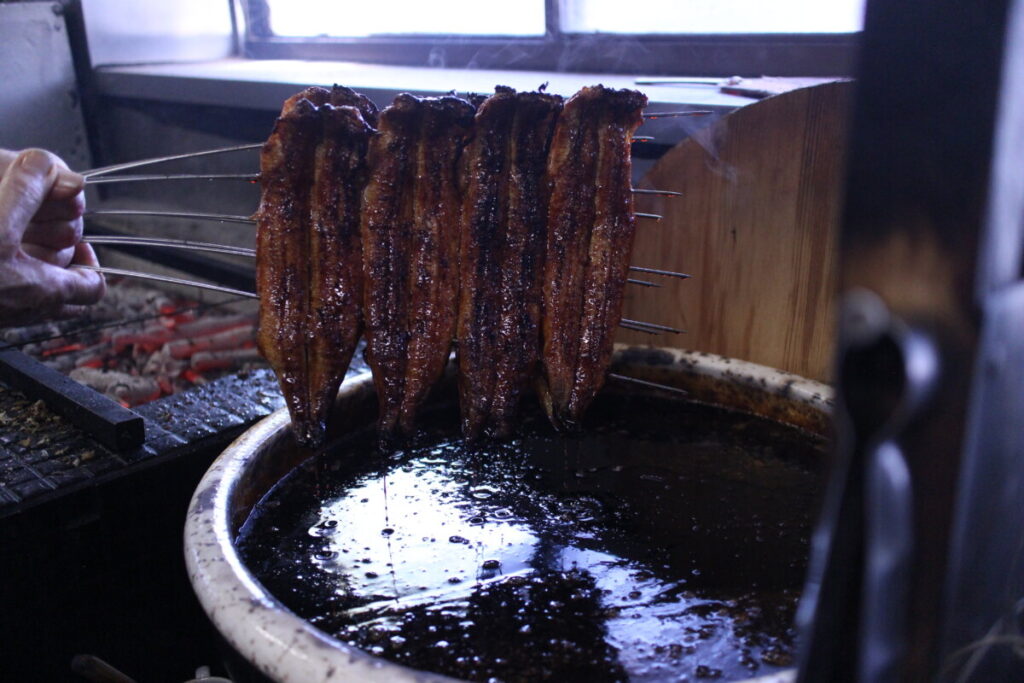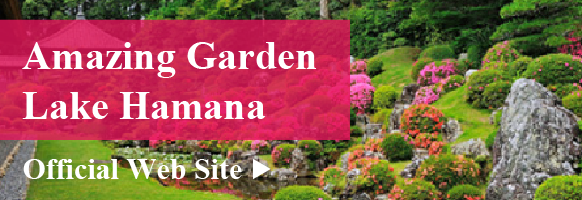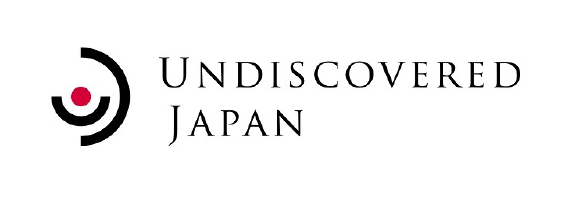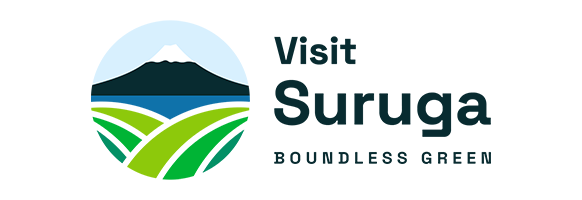Get to Know Hamamatsu
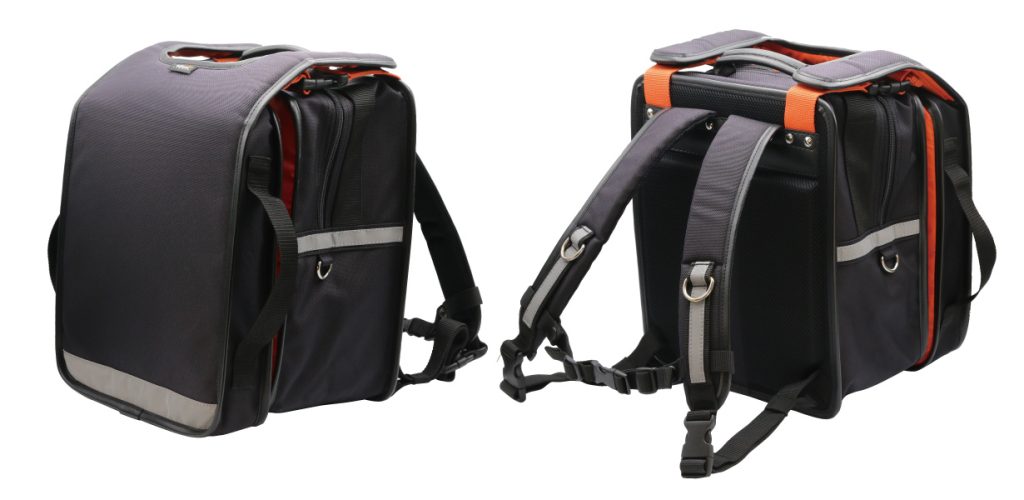
- Buy
Protecting Kids from Floods — Eyewear Maker Sakae Shokai Develops a Life-Saving School Backpack
Sakae Co., Ltd. mainly handles original eyewear-related products. One standout item is the “Ukuran®,” a school bag that floats on water…
Sakae Shokai Co., Ltd., founded in 1948, mainly deals in original eyeglass-related products such as eyeglass cases and eyeglass cloths.
One product worth noting among Sakae Shokai’s products is the floating school bag “Ukuran®.”
Based on a request from people who were saddened by the Great East Japan Earthquake to “develop a school bag that would protect children from flooding,” the company began developing the school bag with the belief that “as a company that deals with textiles, there is nothing we can’t do.”
It took about four years to complete “Ukran®.”
This month’s recommendation is Sakae Shokai Co., Ltd., located in Kamitate-cho, Chuo-ku, Hamamatsu City.
The History of Sakae Shokai
Sakae Shokai Co., Ltd. was founded in 1948.
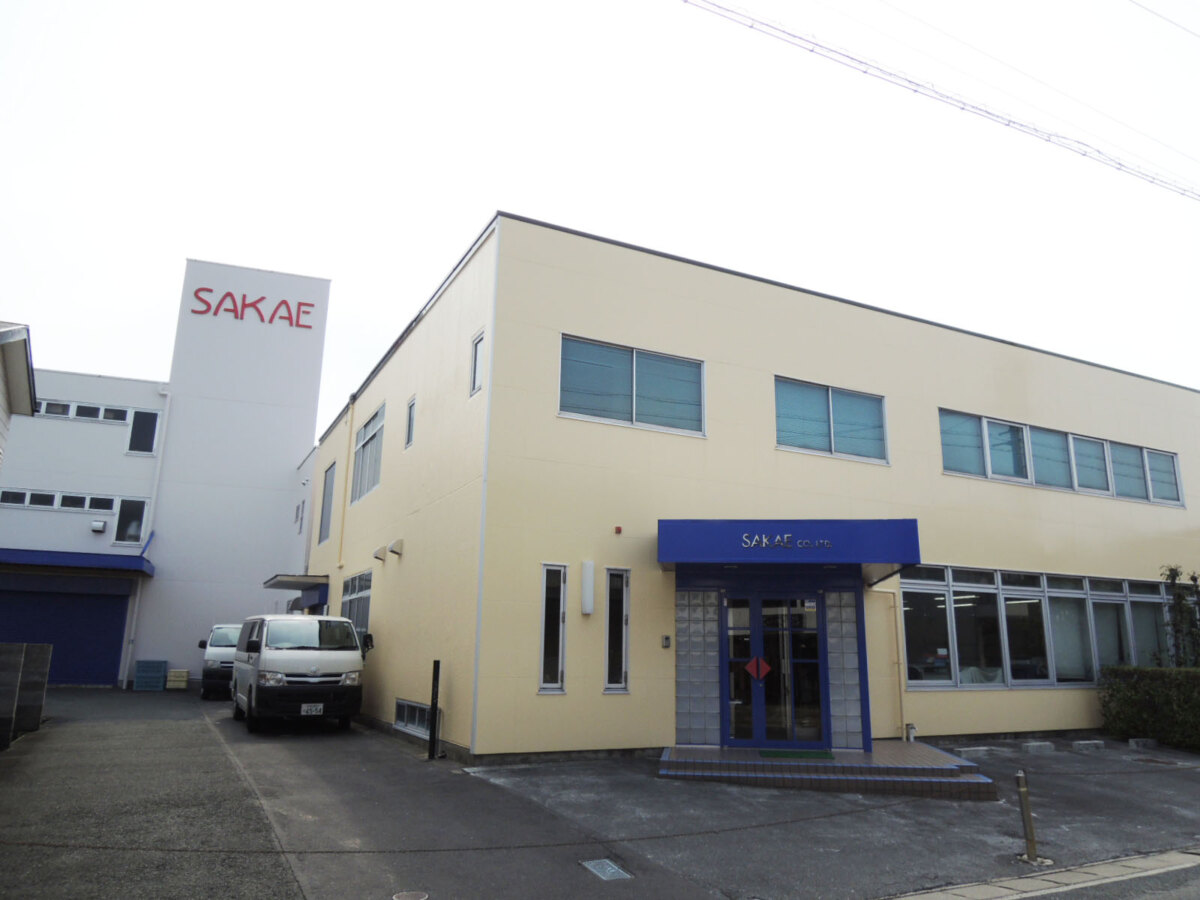
Sakae Shokai was founded when the first representative, Mr. Rikio Yoshizawa, began manufacturing and selling eyeglass cleaning cloths made from velveteen, a fiber that is a specialty of the Enshu region.
At the time, glass was the mainstream material for eyeglass lenses, and cotton velveteen was often used to clean eyeglasses.
When Sakae Shokai was first founded, it started out making eyeglass cleaning cloths, but gradually expanded its range of eyeglass-related products.
Currently, in addition to eyeglass-related products, we are actively responding to customer-initiated projects to meet the needs of a wide range of customers.
The development of the floating school bag "Ukuran®" began after the Great East Japan Earthquake
Sakae Shokai started out selling eyeglass-related products, but now, under the leadership of Mr. Takashi Yoshizawa, the company is proactively responding to customer-initiated projects.
One of them is the floating school bag “Ukuran®”.
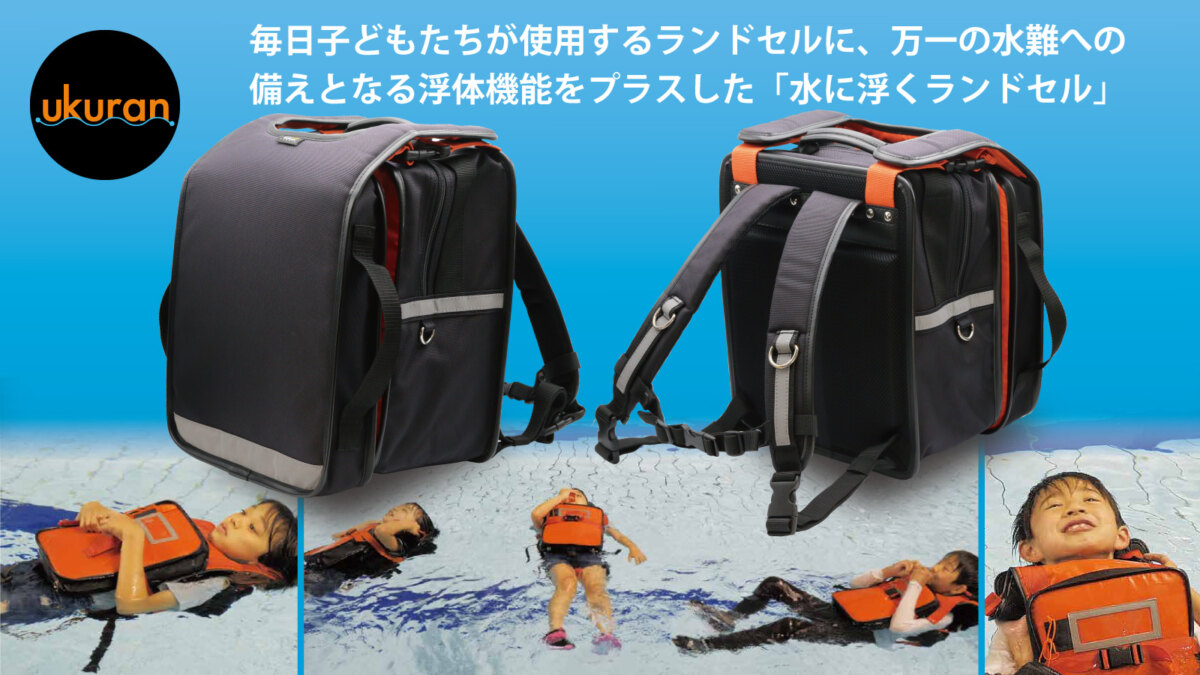
In the Great East Japan Earthquake of 2011, many children became victims of the tsunami.
Sakae Shokai began making school bags after a business partner proposed the idea: “We want to make a school bag that floats so the same thing doesn’t happen again.”
At first, the plan was to only make sample products, but when the client learned that several companies had refused to make samples, Sakae Shokai put in place a system to cooperate on commercializing the product all at once.
Development began in 2018 and was halted for a period due to the COVID-19 pandemic, but after about four years, Ukuran® was born.

Image source: Sakae Shokai Co., Ltd. official website
Features of the floating school bag "Ukuran®"
The lid of the Ukuran® is made of urethane, the same material used in swimming equipment’s kickstands.
While wearing the Ukuran® on your back, rotate the lid from over your head to your ventral side and secure it to create a life jacket that wraps around your body.
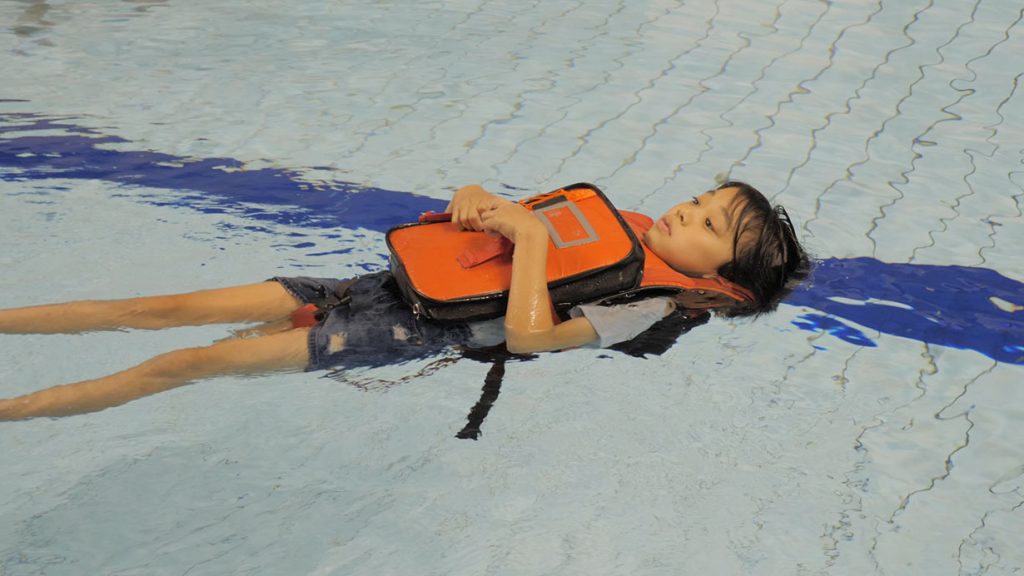
Image source: Sakae Shokai Co., Ltd. official website
In addition, the specific gravity of the urethane inside the lid has been calculated, so when the Ukuran is attached, the properties of the urethane cause it to face upwards, allowing you to float on your back with your face above the water.
To prevent waves and other shocks, the life jacket is designed to stay in place by tightening the belt around the abdomen and groin area.
Its simple design means that even children can use it easily.
Furthermore, in case of emergency, the backpack can be used as a disaster prevention hood by holding the strings on both sides of the lid.
Currently, Ukuran® is attracting attention for more than just school bags.
“The development of Uclan® was a project based on the major theme of saving lives. This was made possible thanks to the cooperation of many people, including lifeguards,” said President Mr. Yoshizawa.
Initially, it was intended to be sold as a “school bag” for children, but in light of the recent major earthquakes and floods, it is now attracting attention as a way for ordinary households to store disaster prevention supplies as well.
Ukuran®, which received a great response at the disaster prevention exhibition, will be available for sale to a wide range of people from March 2024.
Sakae Shokai's products that meet customer needs
Sakae Shokai responds flexibly to customer needs.
After hearing people say, “As I get older, it’s becoming more difficult to open spring-loaded eyeglass cases,” we developed an eyeglass case that opens with one touch.
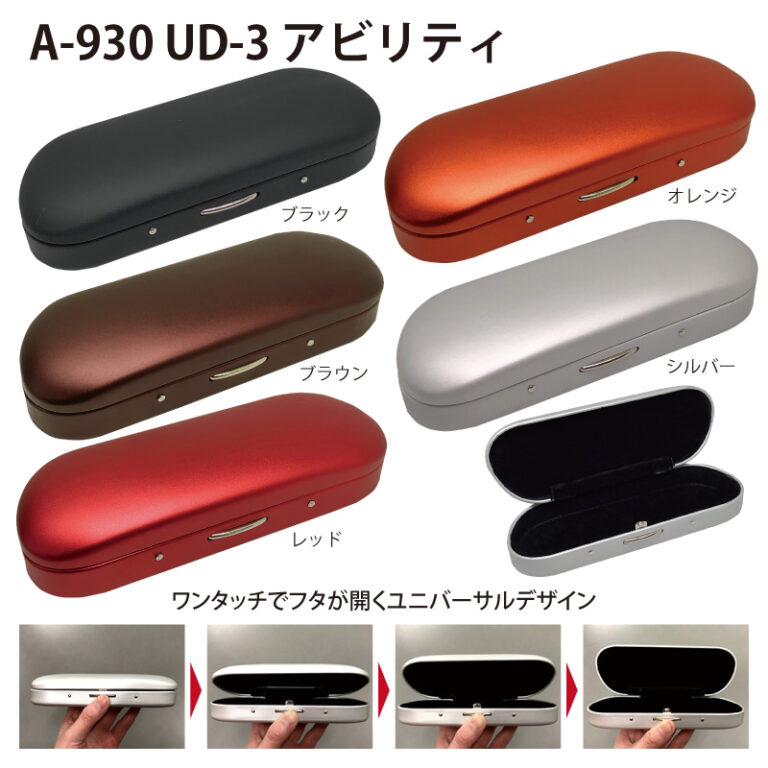
It has been patented in both Japan and Italy and is a popular best-selling product.
If we hear that “the eyeglasses case takes up too much space in your bag,” we will create a foldable eyeglasses case; we listen to our customers’ feedback and take a flexible approach to creating our products.
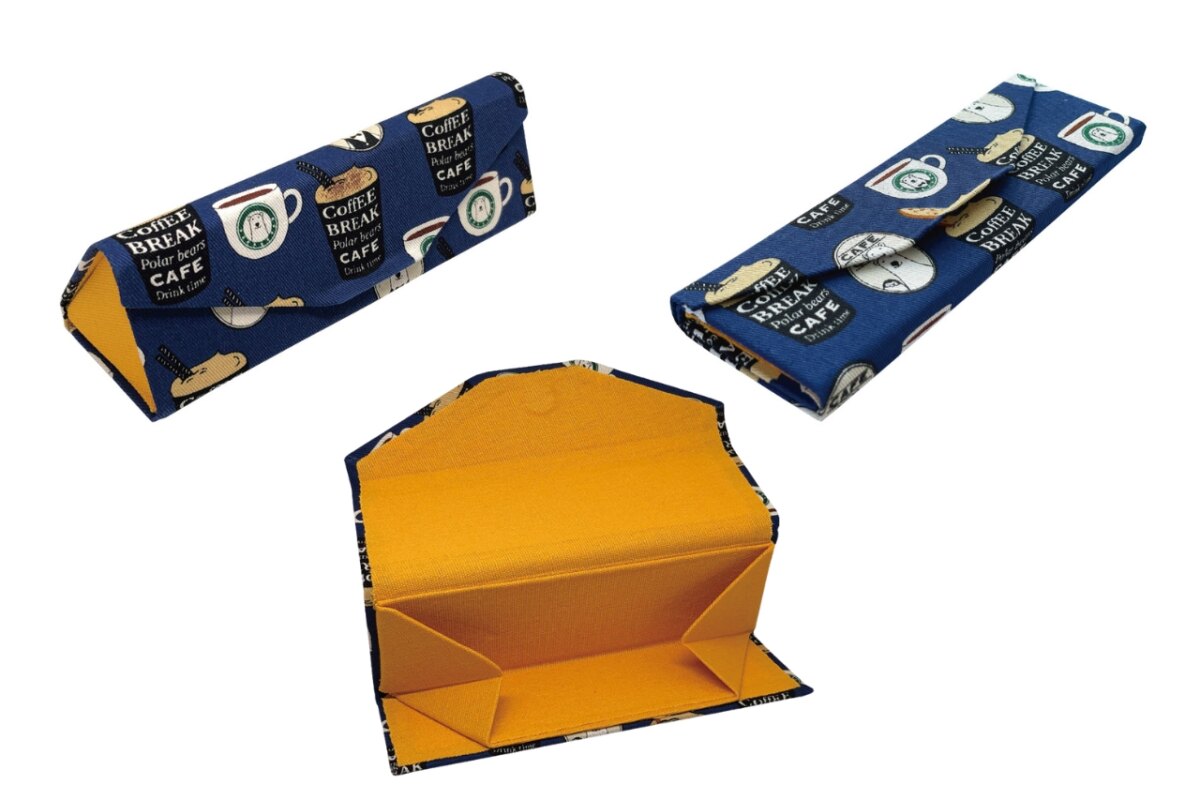
On one occasion, when a customer requested to use a large chameleon stuffed animal that was on display in the store for a marriage proposal, they willingly lent it to him, demonstrating their seriousness within common sense.
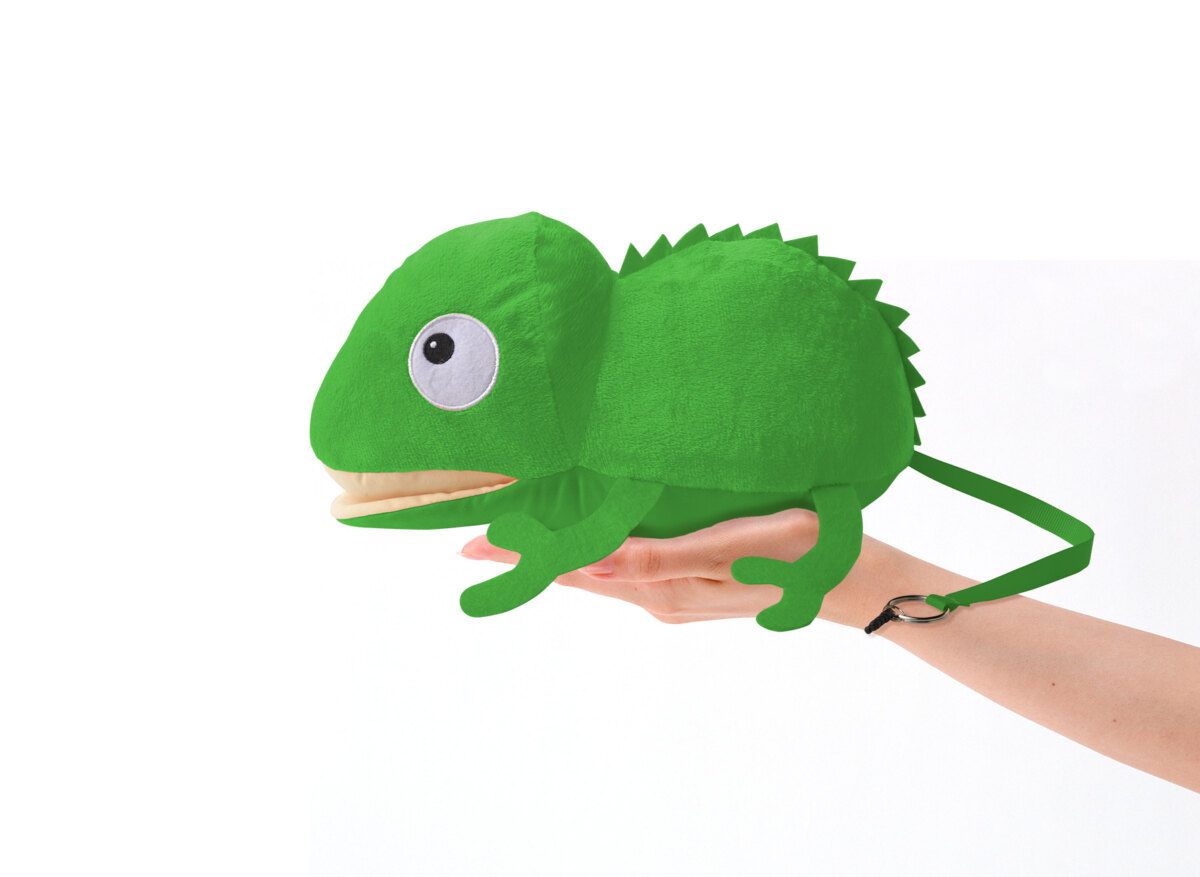
Sakae Shokai’s motto is to never say it’s impossible from the start, but to first listen and then respond sincerely.
Original Product Animal Series
The animal series glasses stand was created in response to complaints that “children would keep leaving their glasses lying around and it was a problem.”
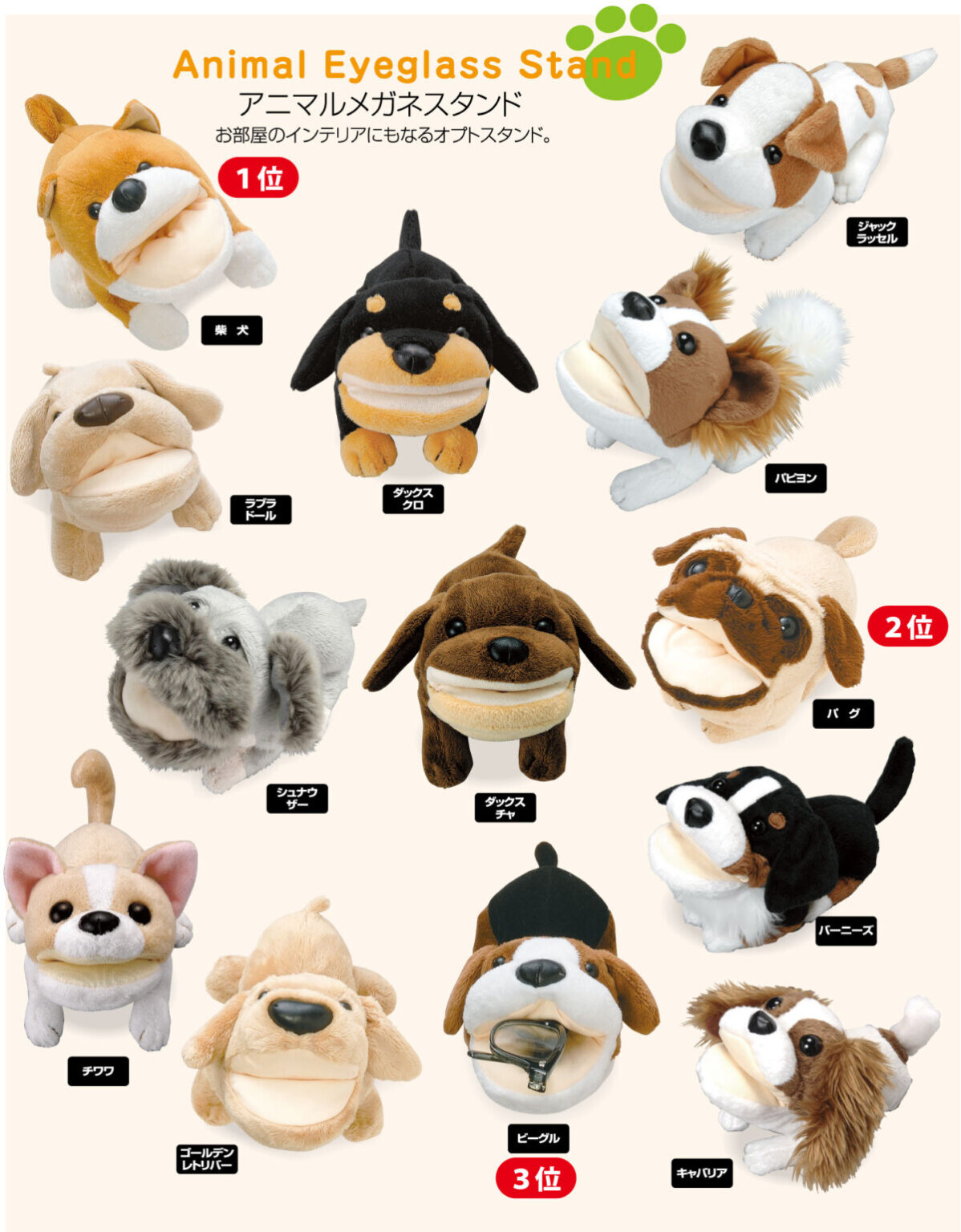
In addition to being a glasses stand, it is also used by many people for a variety of purposes, such as holding golf balls.
The planning and design of this animal series was apparently done by employee Ms. Etsuko Fujita.
Ms. Fujita grew up in an environment where his father was an industrial designer and his mother was an animator.
Sakae Shokai’s planning and design is done in-house, with Ms. Fujita in charge of the adorable designs and president Mr. Yoshizawa Takashi in charge of the sharp designs.
Sakae Shokai’s planning and design is done in-house, with Fujita in charge of the adorable designs and president Yoshizawa Takashi in charge of the sharp designs.
Additionally, as part of the Animal Series, there is also a series of cute and convenient “Animal Cleaners.”
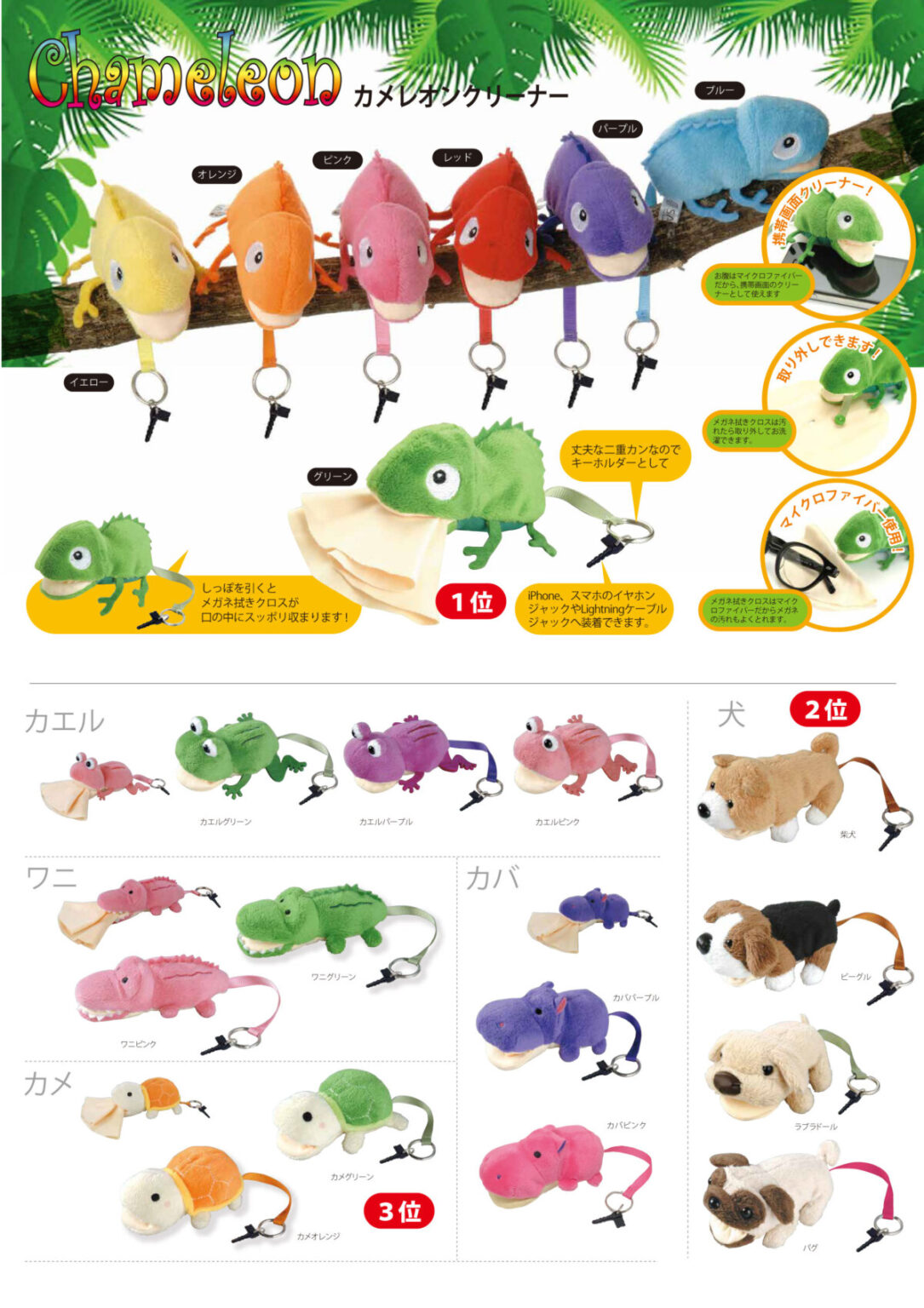
A convenient animal cleaner that combines a smartphone cleaner and a glasses cleaner.
The eyeglass cleaning cloth can be removed and washed if it gets dirty.
The buttons on the opening for removing the cap are also original, and what makes them so appealing is that each cap has a cute button attached to match the animal!
There are also products made using Enshu's signature fabric, "Enshu Cotton Tsumugi"!
The Enshu region is blessed with a warm climate and flourished as a cotton producing region.
“Enshu textiles” are carefully woven by artisans and are precious fabrics that cannot be mass-produced.
Sakae Shokai has been selling products using “Enshu textiles” for about 10 years.
The eyeglass cases, made from Enshu textile fabric with its many different expressions, are a classic product.
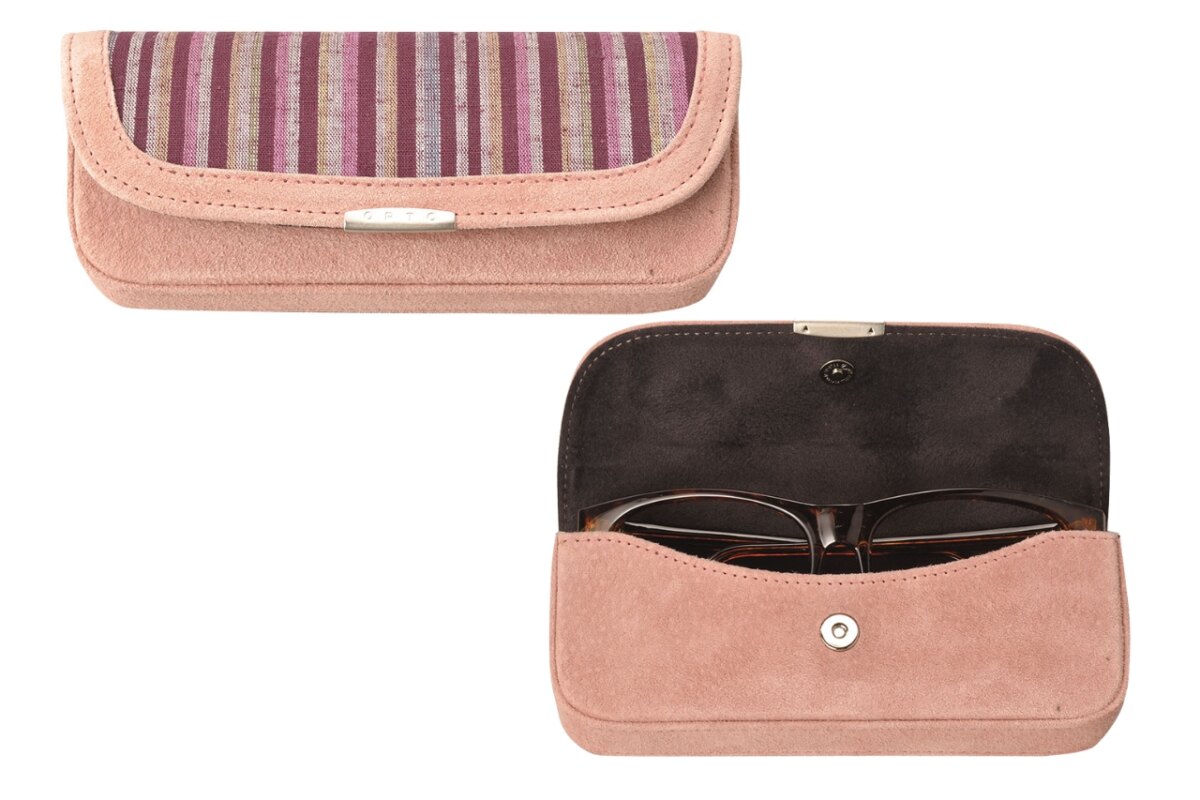
There are also many other products that combine adorable designs with the appeal of Enshu textiles, a local specialty, such as the “Animal Face Stand” where the face can be used as a stand and the ears can be removed to use as a glasses cleaner, and the Animal Cleaner which can be attached to your bag as a charm.
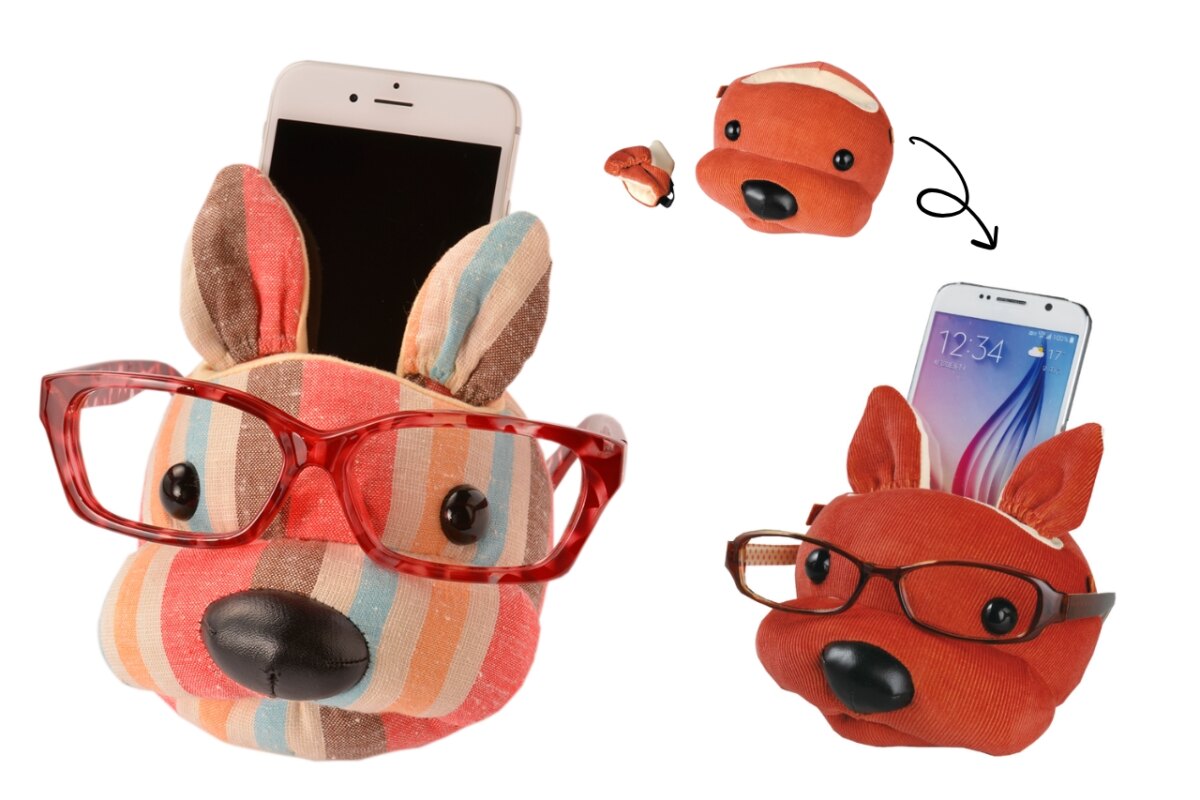
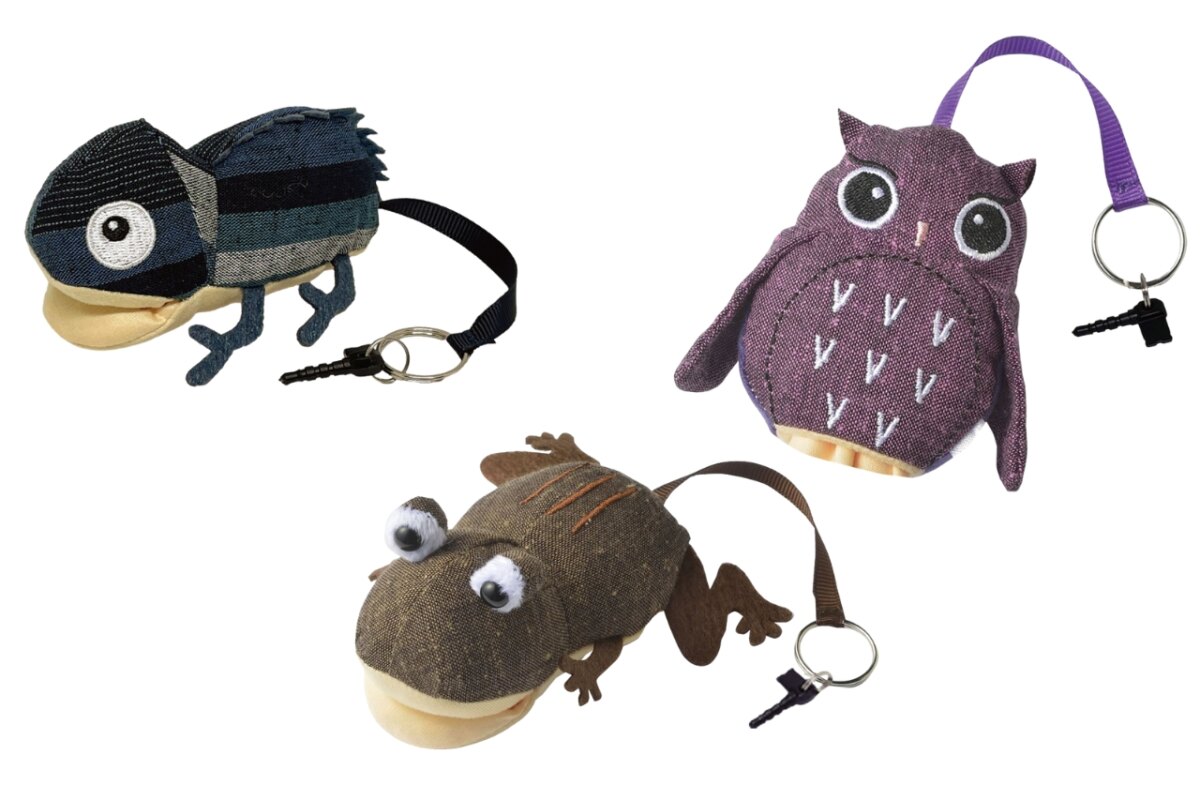
A glasses cloth born in the forest is born.
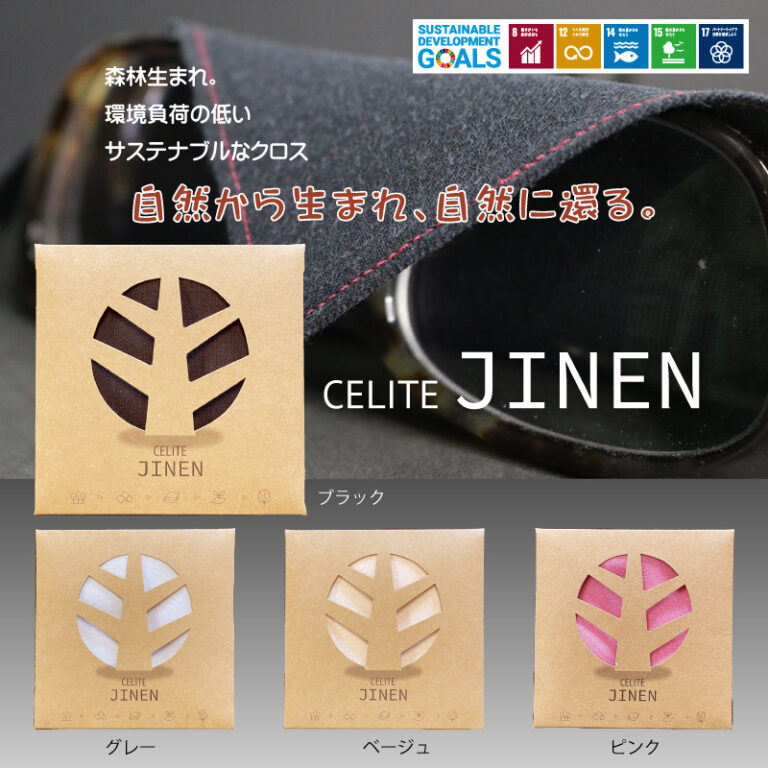
The history of eyeglass cloths began with cotton velveteen, which was thought to be effective in removing dirt from glass lenses.
As the saying goes, “Cotton lasts a lifetime,” cotton is a material that can be used until the very end.
Currently, microfiber is the mainstream method of removing dirt from plastic lenses, but Sakae Shokai has gone back to basics and begun developing an environmentally friendly eyeglass cloth.
Out of the many fibres available, they chose Tencel.
The fiber used is 100% plant-based, made from pulp from eucalyptus trees that are grown and harvested in certified forests.
More than 99% of the water and solvents used in the manufacturing process are recycled and reused many times.
The natural material “Tencel” decomposes and returns to the soil when buried in soil.
This is a sustainable cloth that meets global standards, with low environmental impact in both the material itself and the production process.
"LOKU" was developed in cooperation with people working on mountain issues.
Sakae Shokai learned that deer are overpopulating the mountains and are being killed, with most of them being dumped back into the mountains without being butchered. With the motto of “cherishing life to the very end,” Sakae Shokai is working with local Jimitos and other people working to solve mountain problems to improve the situation.
The culled deer are butchered, and the cycle is set in place: the meat is used for game dishes, the bones for soup, and the skin is sent to the tannery to be made into leather for sale. This allows the deer to be preserved in a tangible form rather than simply being dumped in the mountains.
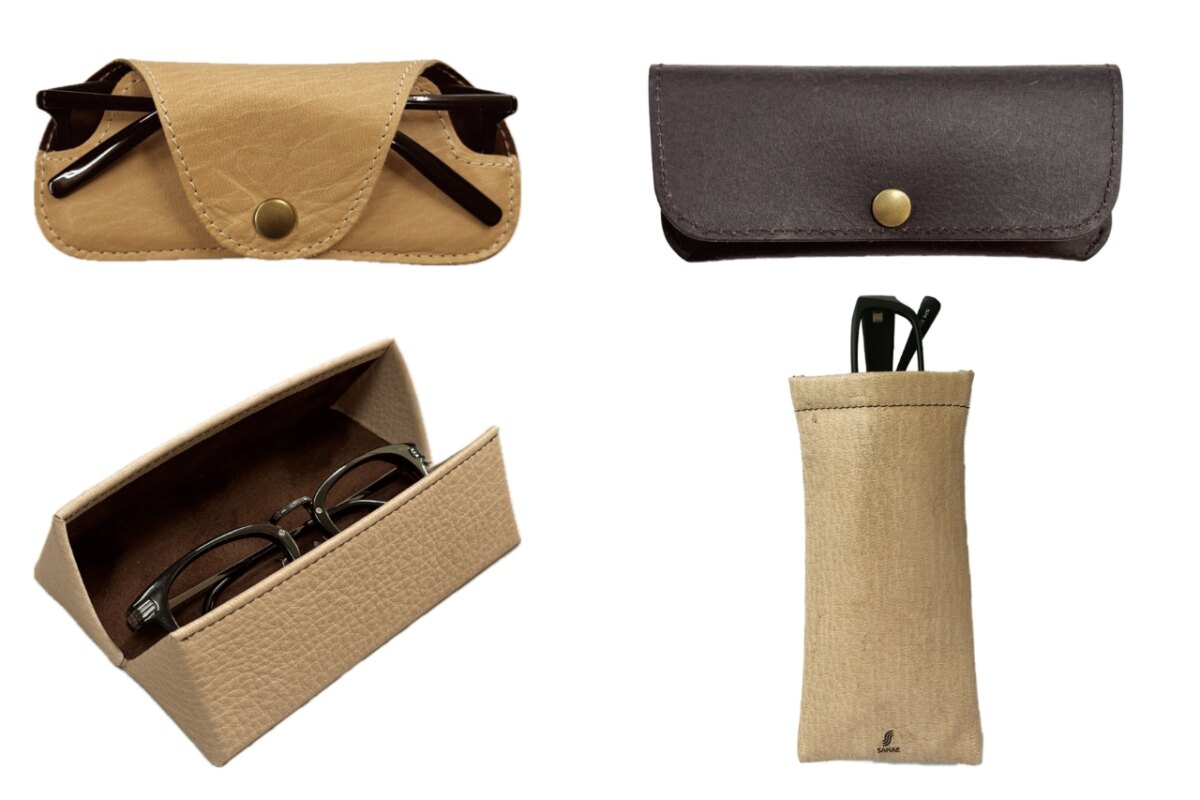
Sakae Shokai is addressing the current state of the mountains by using deerskin to create a variety of products, including glasses cases, pen cases, cross-body bags, and mini wallets.
Message to our readers from CEO Mr. Takashi Yoshizawa and planning and design director Ms. Etsuko Fujita
<Mr. Takashi Yoshizawa>
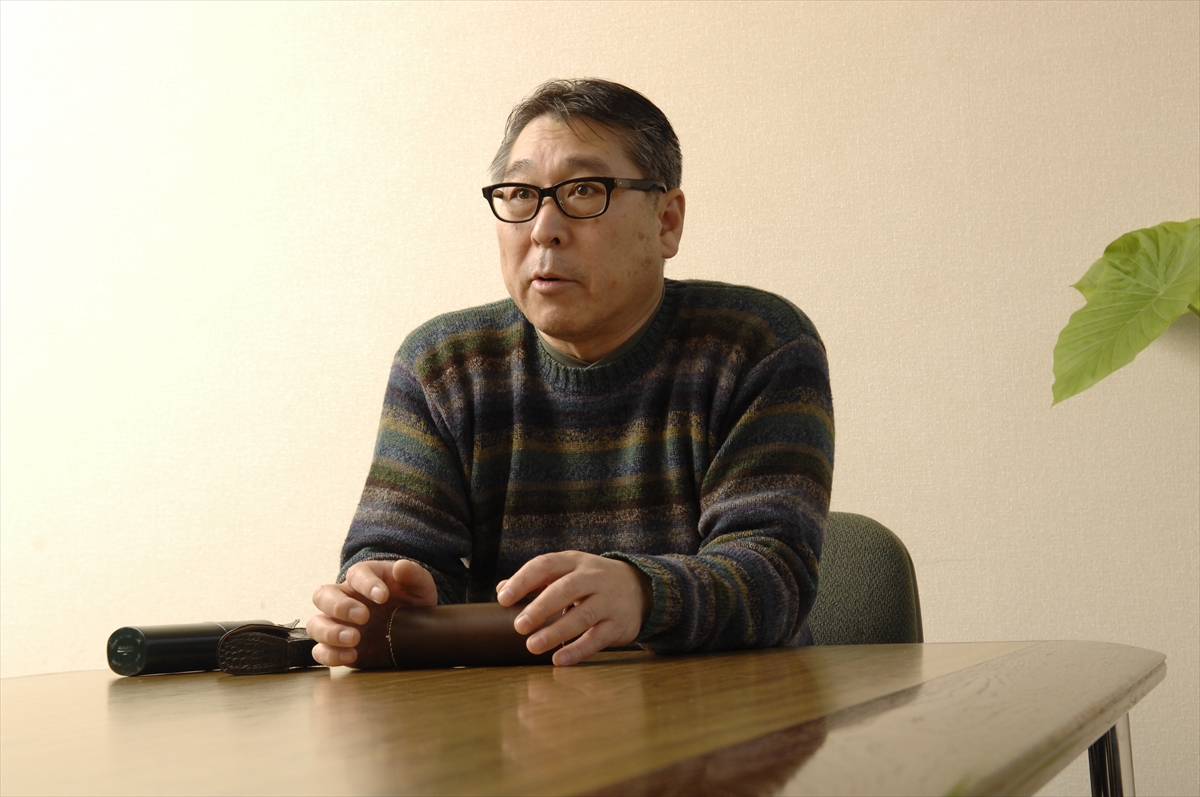
Sakae Shokai Co., Ltd. originally manufactured and sold eyeglass cleaning cloths made from Iwata cotton velveteen.
We are currently challenging ourselves to create new products that are in line with the times.
We will continue to work hard every day to improve our quality and technology, so that we can treasure the customers that our predecessors have built up, and do business with new customers. All of our employees will continue to work together in this endeavor.
<Ms. Etsuko Fujita>
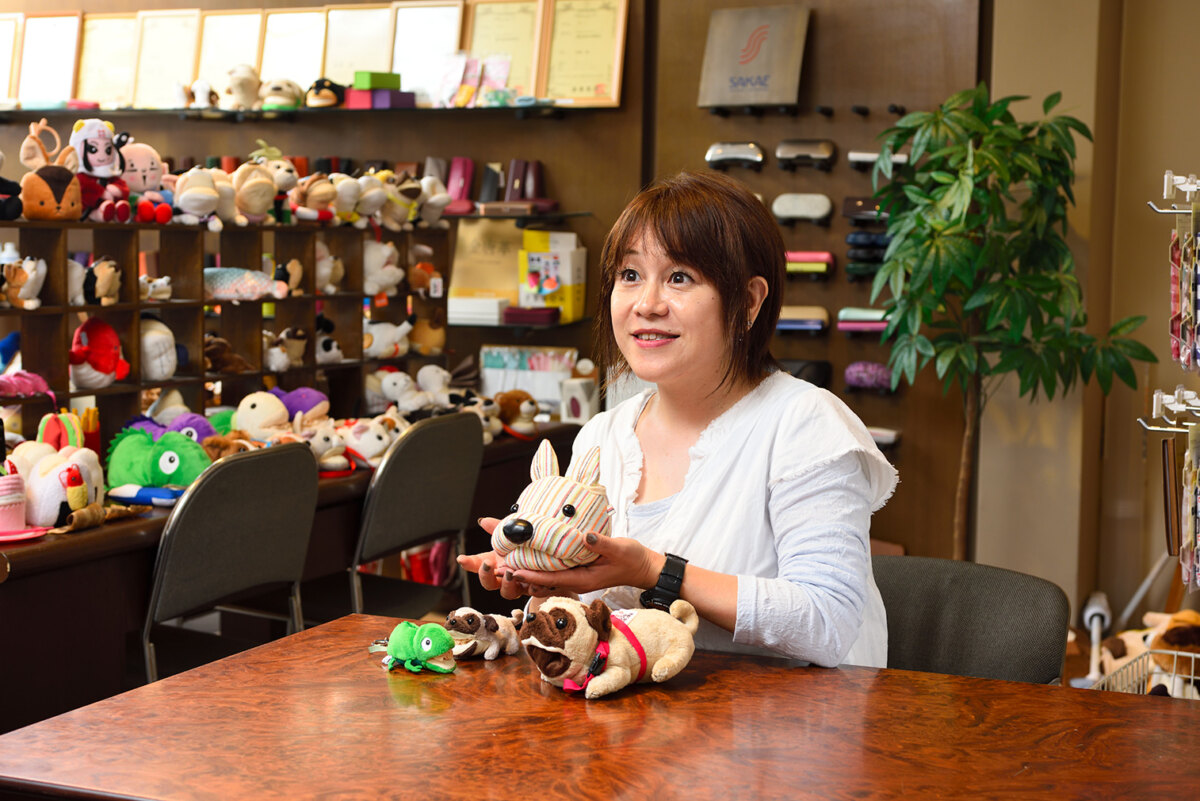
Every day I keep my antennae up and gather information in my own way.
I have many opportunities to encounter various materials and talk with people from different industries, so each time I feel refreshed.
I make new discoveries and am always inspired by the local people.
We will continue to make the most of local materials and work hard to create new products, so we hope you will continue to support Sakae Shokai.
This time we introduced Sakae Shokai Co., Ltd.
I realized that it is only because the company is run by people like President Mr. Yoshizawa and all the other staff who work with such enthusiasm that such heartfelt products are born.
In addition to the online shopping site, you can also purchase products directly at the head office, so be sure to stop by.
Sakae Shokai Co., Ltd.
116-5 Kamitate-cho, Chuo-ku, Hamamatsu-shi, Shizuoka
☎053(464)0601
Official website
[Photo courtesy of Sakae Shokai Co., Ltd.]
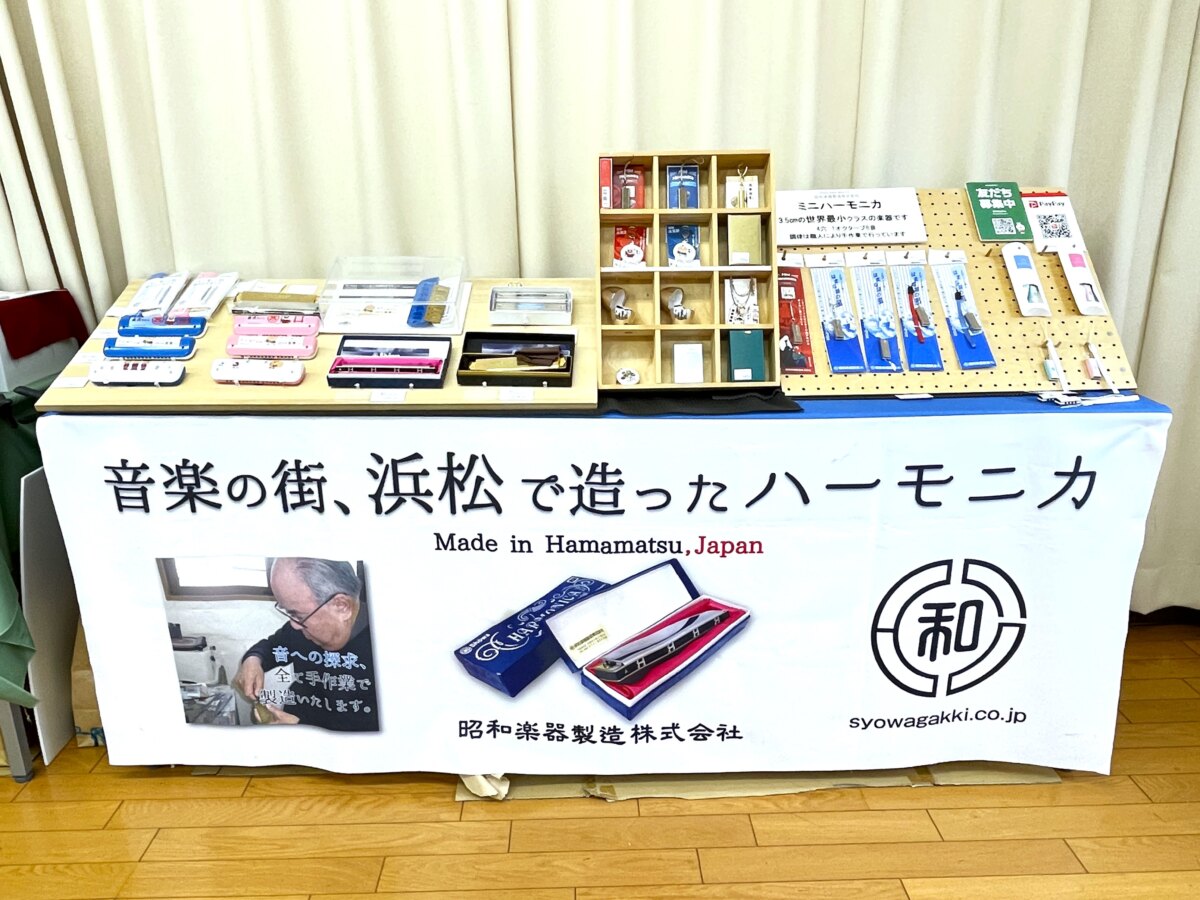
The Only Harmonica-Only Manufacturer in Japan: Showa Gakki Seizo
